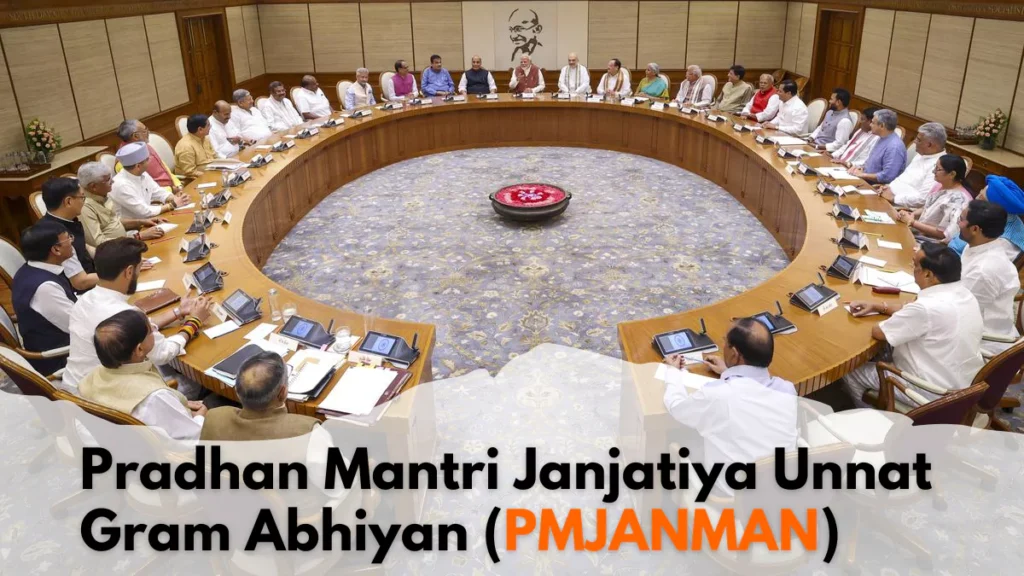
India has officially sent a second notice to Pakistan, asking for the review and modification of the Indus Waters Treaty (IWT). This step, taken under Article XII(3) of the treaty, indicates India’s intent to renegotiate the 64-year-old agreement, which was originally signed in 1960. India had previously sent a similar notice in January 2023, citing disagreements over hydropower projects.
What is the Indus Waters Treaty?
The Indus Waters Treaty was signed in 1960 to manage the water distribution of the Indus River and its tributaries between India and Pakistan. The agreement allows India to use the waters of the Eastern Rivers (Beas, Ravi, Sutlej) while Pakistan controls the Western Rivers (Indus, Chenab, Jhelum). The World Bank played a key role in brokering this agreement, making it one of the longest-lasting water-sharing treaties in the world.
The Dispute Over Indian Hydropower Projects
India’s notice is primarily linked to disputes over two Indian hydropower projects:
- The Kishanganga Project on a tributary of the Jhelum River
- The Ratle Hydroelectric Project on the Chenab River
Pakistan has raised concerns that these projects violate the treaty, leading to a series of unresolved disputes. The treaty’s dispute-resolution mechanism has been used multiple times, but both countries have yet to reach a final agreement.
Why Does India Want to Modify the Indus Waters Treaty?
India is seeking to renegotiate the IWT due to changes in global conditions, such as:
- Population growth and increased demand for water
- Environmental challenges like climate change
- The need for clean energy development
- The impact of cross-border terrorism
India believes that these issues were not considered when the treaty was signed in the 1960s, and that an update is necessary.
How Will the Review of the Treaty Affect Relations?
The proposed changes to the treaty could impact the water-sharing dynamics between India and Pakistan. Both countries rely on the Indus River system for agriculture and electricity generation. Globally, this could set a precedent for how other countries handle water-sharing agreements in the face of climate change and modern geopolitical challenges.
Key Events Leading Up to the Latest Notice
- January 2023: India sends its first notice to Pakistan seeking modifications to the IWT.
- April 2023: India holds a meeting to review the modification process.
- July 2023: The Court of Arbitration asserts its authority to resolve disputes over the Kishanganga and Ratle projects, but India objects.
- September 2023: India participates in discussions with a Neutral Expert but does not agree to the parallel Court of Arbitration process.
Summary of Key Points
- India seeks to review and modify the Indus Waters Treaty, citing modern challenges.
- Disputes over Indian hydropower projects have led to the call for renegotiation.
- The treaty was signed in 1960 with the help of the World Bank to share water from the Indus River between India and Pakistan.
- India’s concerns include climate change, population growth, and the need for clean energy.
- Future changes to the treaty could impact water-sharing agreements worldwide.
Read- Exercise AIKYA: National Disaster Management Symposium Begins
The Indus Waters Treaty is an agreement between India and Pakistan, signed in 1960, to share the waters of the Indus River and its tributaries.
India believes that the treaty needs to be updated to address modern issues like climate change, population growth, and the need for clean energy.
The disputes center around India’s Kishanganga and Ratle hydropower projects, which Pakistan claims violate the treaty.
The treaty uses a three-step process: first, Indus Commissioners from both countries attempt to resolve the issue, then a Neutral Expert is appointed if needed, and finally, a Court of Arbitration may be used.
Renegotiating the treaty could set a precedent for other countries dealing with similar water-sharing agreements, especially in the context of climate change.

